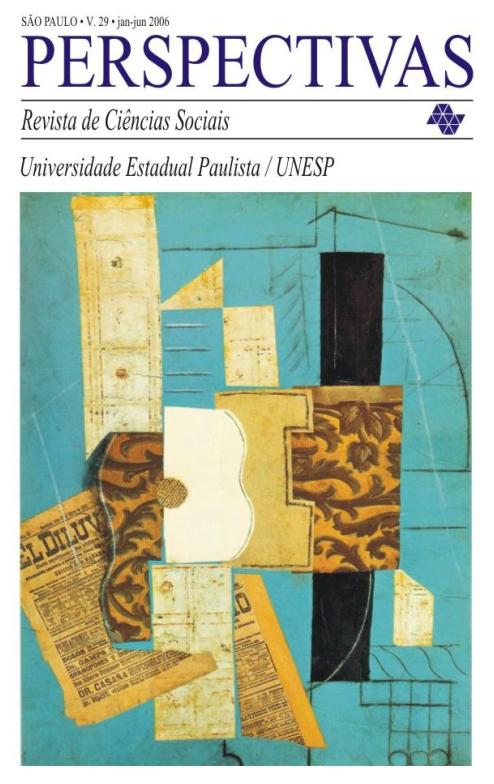Raimundo Faoro: when more is less
Keywords:
Patrimonialismo, Estamento burocrático, pensamento político brasileiro, Brasil, PortugalAbstract
The aim of this work is Raymundo Faoro´s political thought. From the reading of his work and of the authors, if they are not directly related with Faoro, they have points in common with him, there will be some obstacles pointed out for the acceptance of Faoro´s thesis without reservations. The thesis is about the existence in the Brazilian national formation, of a patrimonialismo of castes, carried out by a bureaucratic caste that, supposedly, had its origin in Portugal and lasted through the whole Brazilian history. The presence of this bureaucratic caste would probably have been the reason of the separation between nation and State that, according to Faoro, marked the various periods of Brazilian history. My hypothesis is that, in the extent that by searching for something that could characterize the national identity, Faoro ended up weakening his strongest insight, making it an easy target of criticism and threatening the validity of his interpretation of Brazil in the last three decades. Trying to confront this difficulty, I intend to point out a probable “update” of the Faoro´s analysis, comparing it mainly to the analysis recently done about the Brazilian social-political situation.Downloads
Published
26/02/2007
Issue
Section
Temas brasileiros

